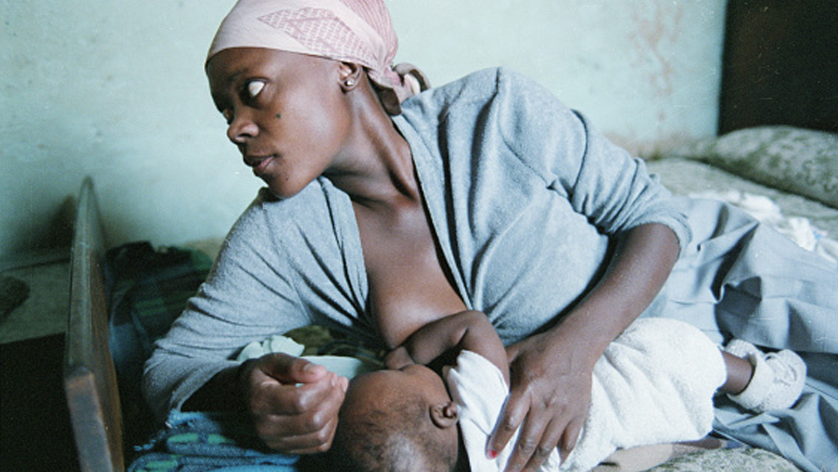During the month, CHELD joined healthcare professionals and international development organisations around the world to celebrate the World Breastfeeding Week (1- 8 August) through a media campaign on social media highlighting a public health approach to breastfeeding in Nigeria.

Some of the issues highlighted were the impact/role of the following policy issues in promoting breastfeeding.
- Funding
- Advertising
- Workplace maternity protections
- Counselling and training
- Baby friendly hospital initiatives
- Community support programmes
- Monitoring systems
Funding: Increase investment in programmes and policies that promote, protect and support breastfeeding
Adequate funding is essential to ensure that all women are supported in their breastfeeding efforts. The World Bank estimates that it will cost an additional $5.7 billion to reach the World Health Assembly’s global target of at least 50% exclusive breastfeeding by 2025. This equates to just under $5 per new born to provide women the support they need. With this funding, countries can implement appropriate breastfeeding programmes and policies such as those recommended by the Collective.

Advertising Policies on Breast-Milk Substitutes: Fully implement the code with legislation and effective enforcement
When companies aggressively market breast-milk alternatives, they undermine a woman’s ability to determine how best her child is fed. Governments have a duty to safeguard women’s rights from undue interference from the business sector. The International Code of Marketing of Breast-milk Substitutes (BMS) describes the marketing controls necessary to defend, advocate, and support breastfeeding while also putting an end to the inappropriate promotion of BMS. To enable women to make an educated decision about breastfeeding, policymakers and lawmakers should pass and enforce legislation that addresses all provisions of the Code.
Maternity Protection in the Workplace: Enact paid family leave and workplace policies
It is difficult for women to go back to work and continue nursing. Women who are working shouldn’t have to choose between breastfeeding and their jobs. The International Labor Organization urges governments to pass laws granting women the right to 18 weeks of paid maternity leave and ensuring they have the time and space to continue breastfeeding once they return to work.
Baby-Friendly Hospital Initiative: Implement the ten steps to successful breastfeeding in maternity facilities
Breastfeeding assistance should be provided by birthing facilities. Baby-friendly facilities not only provide the support needed for women to breastfeed, but also help women who cannot or do not want to breastfeed to use donor human milk or safely feed with formula. In 2018, WHO and UNICEF published updated guidance on the Baby-friendly Hospital Initiative that calls upon countries to integrate the steps across all maternity care facilities to ensure women and children have access to the best standards of quality of care.
Breastfeeding Counselling and Training: Improve access to skilled breastfeeding counselling in healthcare facilities
Breastfeeding advice from trained health care experts enables women to make an informed decision about whether to breastfeed and to feel confidence in her abilities if she does decide to breastfeed. Breastfeeding counselling also helps women improve their abilities and overcome problems that may develop. Countries that endeavour to make infant and young child feeding therapy available in healthcare institutions protect a woman’s right to information and health.

Community Support Programmes: Encourage networks that protect, promote and support breastfeeding
Social support from the woman’s community is also essential. Interactions between a mother and peer counsellors or community health workers can help her foresee problems and solve them when they arise. Women must feel welcomed in their community, including the workplace and public areas, for their feeding decisions. Countries should work together to ensure that community programs provide the necessary support and care for women.
Monitoring Systems: Track progress on policies, programmes and funding
It is critical to assess progress on breastfeeding policies, programs, and results in order to define priorities for action and learn what works. Monitoring progress toward breastfeeding targets allows countries to assess how their efforts have influenced behaviour. Program and policy assessments can assist in identifying gaps in support and directing resources to areas that require improvement.







